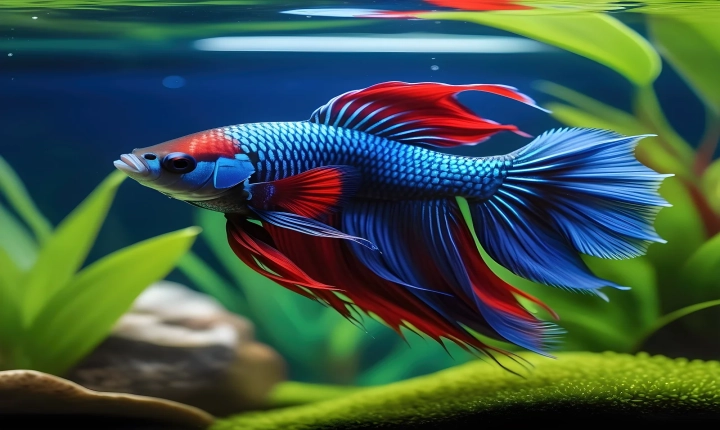With the rapid advancement of technology, the field of education has experienced a significant transformation. One of the most promising developments is the integration of ChatGPT, an AI-powered chatbot, into educational settings. ChatGPT has the potential to revolutionize the way students learn and interact with course materials, providing a personalized and interactive learning experience that enhances student engagement and comprehension.
One of the key ways in which ChatGPT can improve education is through personalized learning. By leveraging natural language processing and deep learning algorithms, ChatGPT is capable of tailoring its interactions to the individual learning needs of each student. This means that students can receive personalized guidance and support, based on their unique learning style, pace, and interests. Whether it’s providing explanations for difficult concepts, generating practice problems, or offering real-time feedback on assignments, ChatGPT can adapt its responses to best suit the student’s needs.
Furthermore, ChatGPT can act as a virtual tutor, providing students with on-demand assistance outside of the traditional classroom setting. This is particularly beneficial for students who require additional support or clarification on complex topics. Instead of waiting for office hours or tutoring sessions, students can access ChatGPT at any time to ask questions, seek explanations, or receive additional practice materials. This accessibility can help bridge the gap for students who may struggle with certain subjects or need extra reinforcement.
ChatGPT can also serve as a valuable tool for enhancing collaborative learning. By simulating conversations, debates, and discussions, ChatGPT can facilitate group learning activities, encouraging students to engage with course material in a more interactive and immersive manner. For example, students can use ChatGPT to participate in role-playing exercises, work through case studies, or practice language skills through dialogues. This dynamic approach to learning promotes critical thinking, communication, and problem-solving skills, while also fostering a sense of community among students.
Moreover, ChatGPT can offer instant, targeted feedback to students, aiding in the improvement of their work and understanding. By analyzing students’ responses, ChatGPT can identify areas of confusion or misconception, providing real-time feedback to help students correct their mistakes and deepen their understanding of the material. This form of feedback can be invaluable in guiding students towards mastery of the subject matter and in identifying specific areas for improvement.
Another crucial benefit of integrating ChatGPT into education is its potential to make learning more engaging and enjoyable. By adding an element of interactivity and conversation to the learning process, students are more likely to stay motivated and interested in the material. In addition, the familiar chat interface can make learning seem more approachable and less intimidating, especially for students who may feel hesitant to seek help in a traditional classroom setting.
However, it is essential to recognize that while ChatGPT holds immense promise for education, it’s not without its challenges. One significant concern is ensuring that the information ChatGPT provides is accurate and reliable. As with all AI technologies, there is a risk of perpetuating misinformation or bias, so it is critical that educators and developers work together to ensure the accuracy and quality of the content generated by ChatGPT.
In conclusion, the integration of ChatGPT into education has the potential to transform the way students learn and engage with course materials. By providing personalized support, serving as a virtual tutor, facilitating collaborative learning, offering real-time feedback, and promoting engagement, ChatGPT is poised to significantly enhance the educational experience for students. As technology continues to evolve, the role of AI-powered chatbots like ChatGPT will only become more integral to the future of education.
